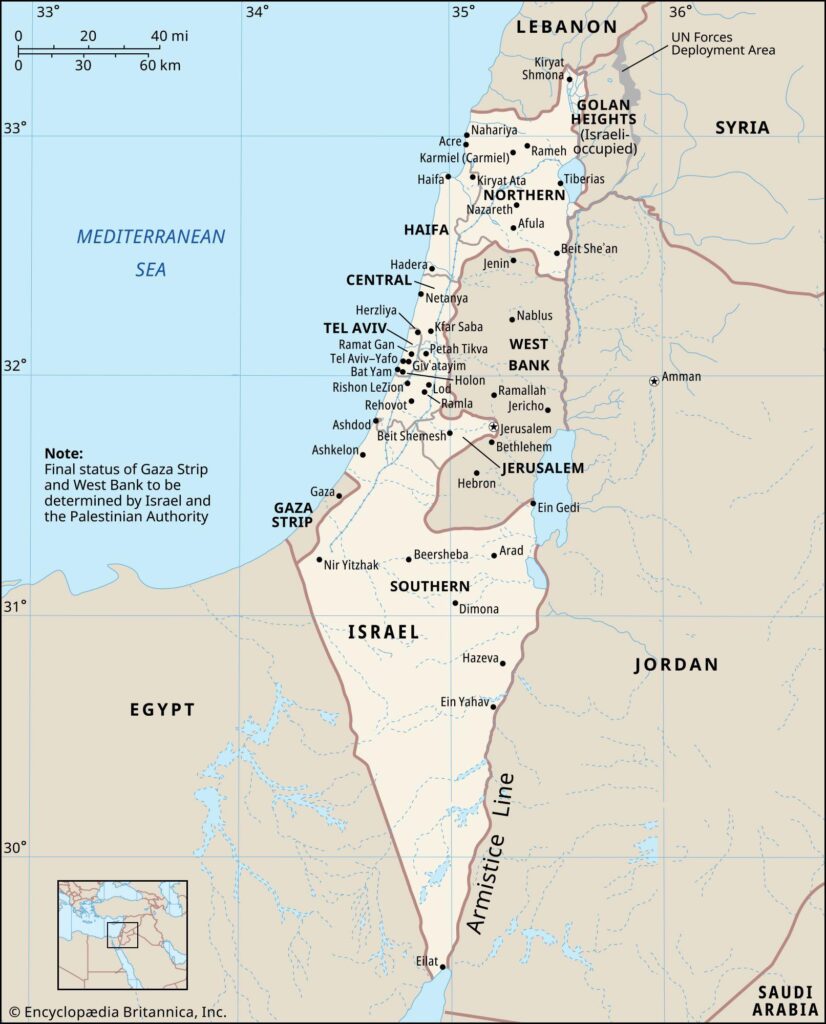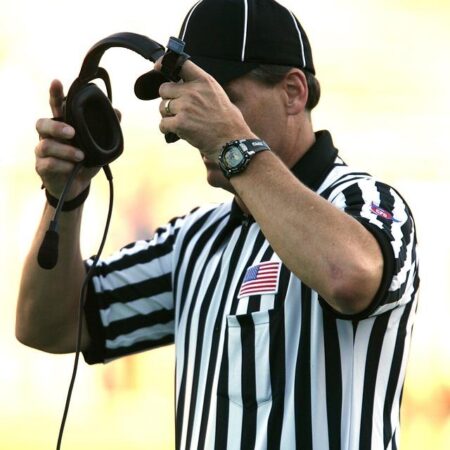In a growing wave of international criticism, calls are intensifying for the suspension of Israel from global sports organizations. The recent opinion piece published by Anadolu Ajansı urges the international sporting community to take decisive action against Israel’s participation, citing ongoing political and human rights concerns. As debates surrounding the intersection of sports and geopolitics gain momentum, this article explores the arguments behind the proposed ban and its potential implications for the world of athletics and beyond.
The Case for Immediate Suspension of Israel from International Sports
Sports transcend borders and politics, serving as a universal language of unity and fair play. Yet, when a nation’s actions blatantly violate human rights and international law, the international sporting community faces a profound ethical dilemma. Israel’s ongoing military operations and occupation policies contradict the core values cherished by global sports institutions. Allowing Israeli teams and athletes to participate unchecked not only undermines the integrity of competitions but inadvertently normalizes actions that have devastating humanitarian consequences. Immediate suspension is essential to maintain the credibility of international sports and to send a clear message that violations of human dignity cannot be tolerated in these arenas.
Several precedents demonstrate the power of sports sanctions as a catalyst for political accountability:
- South Africa’s exclusion during apartheid highlighted the global community’s condemnation of systemic racial oppression.
- The suspension of Yugoslavia during the Balkan conflicts underscored the international backlash to ethnic violence.
- Russia’s partial bans following state-sponsored doping scandals emphasized strict adherence to fairness and justice in sport.
In light of these examples, a structured approach towards Israel’s suspension is both justified and urgent:
| Criteria | Violation | Justification for Suspension |
|---|---|---|
| Human Rights | Occupation and settlements | Contravention of UN resolutions |
| Fair Play | State-endorsed violence | Compromises sportsmanship principles |
| International Law | Repeated breaches | International condemnation and sanctions |
Without swift action, international sports risk becoming another platform for political impunity rather than one of peace and solidarity. Enforcing suspension now is not merely symbolic; it is a necessary stand to reaffirm sports as an arena committed to justice and decency worldwide.
Examining the Political and Ethical Implications of Israel’s Participation
Israel’s involvement in global sports has sparked widespread debate, not only from a competitive standpoint but more importantly due to its profound political repercussions. Critics argue that allowing Israel to participate without addressing ongoing controversies inadvertently legitimizes actions that many claim violate international norms and human rights. These concerns have led to calls for a reassessment of Israel’s place within global sporting organizations. The issue transcends mere athletic performance, highlighting how international sports can become a stage for political influence and moral accountability.
Ethical considerations must take center stage when evaluating such participation. Advocates for exclusion emphasize several key points:
- Allegations of systemic human rights violations linked to Israeli policies in contested territories.
- International calls for solidarity with Palestinian athletes who face restrictions.
- The precedent it sets for how sports bodies handle nations with contentious political histories.
This complex matrix of issues demands transparent dialogue and decisive action from sports governing bodies worldwide. Failure to engage could erode public trust, compromise the integrity of international competitions, and render sports arenas complicit in broader geopolitical conflicts.
| Concern | Potential Impact |
|---|---|
| Political Legitimization | Undermines global peace efforts |
| Human Rights | Compromises ethical standards in sports |
| Athlete Fairness | Unequal opportunities for marginalized groups |
| Organizational Credibility | Loss of public support and trust |
Global Sports Organizations Must Enforce Accountability and Human Rights Standards
Global sports bodies stand at a critical crossroads-where neutrality no longer suffices in the face of ongoing violations of human rights. The sustained participation of nations accused of systemic abuses undermines the integrity and universal values that these organizations claim to uphold. Sporting platforms are more than arenas for competition; they symbolize international cooperation and human dignity. By holding countries accountable through concrete sanctions, global sports entities can transform ethical rhetoric into impactful action, ensuring no athlete or nation benefits from oppression.
Instituting a rigorous framework requires:
- Transparent monitoring mechanisms to assess compliance with human rights standards.
- Clear consequences for violations, including suspension or bans from competitions.
- Collaboration with international human rights organizations to verify reports and provide guidance.
Failure to enforce these principles risks normalizing injustice and alienating athletes and fans advocating for fairness. Sports must rise above politics not by ignoring abuses, but by championing accountability as a core value-reflecting the true spirit of global unity and respect.
Recommendations for Coordinated International Action to Uphold Sportsmanship and Justice
Global sports organizations must unite in the commitment to uphold the core values of fairness, respect, and dignity. This requires establishing clear, enforceable policies that hold all nations accountable for actions that contradict these principles. Institutional partnerships should emphasize transparency and impartiality, ensuring that decisions transcend political bias and reflect a genuine dedication to justice within the sporting community. By doing so, international federations can foster an environment where athletic integrity is never compromised by extraneous conflicts.
To facilitate meaningful change, several measures should be implemented immediately:
- Independent oversight committees to monitor compliance with sportsmanship standards globally.
- Sanction frameworks that are consistently applied, including potential suspension or exclusion where violations persist.
- Collaborative dialogue platforms bringing together athletes, officials, and human rights experts to promote accountability.
- Educational programs designed to strengthen awareness of justice and ethical conduct among players and officials alike.
| Priority Area | Action | Expected Outcome |
|---|---|---|
| Policy Enforcement | Creation of universal sportsmanship codes | Consistent global standards |
| Oversight | Independent monitoring panels | Objective decision-making |
| Education | Workshops and seminars | Heightened ethical awareness |
| Sanctions | Timely application of penalties | Deterrence of misconduct |
In Summary
As calls to ban Israel from global sports gain momentum, the debate underscores the complex intersection of politics and international athletics. Advocates argue that immediate action is necessary to uphold the principles of fairness and human rights, while opponents caution against the politicization of sport. Whatever the outcome, the global community faces a critical decision that could redefine the role of sports in addressing geopolitical conflicts.





